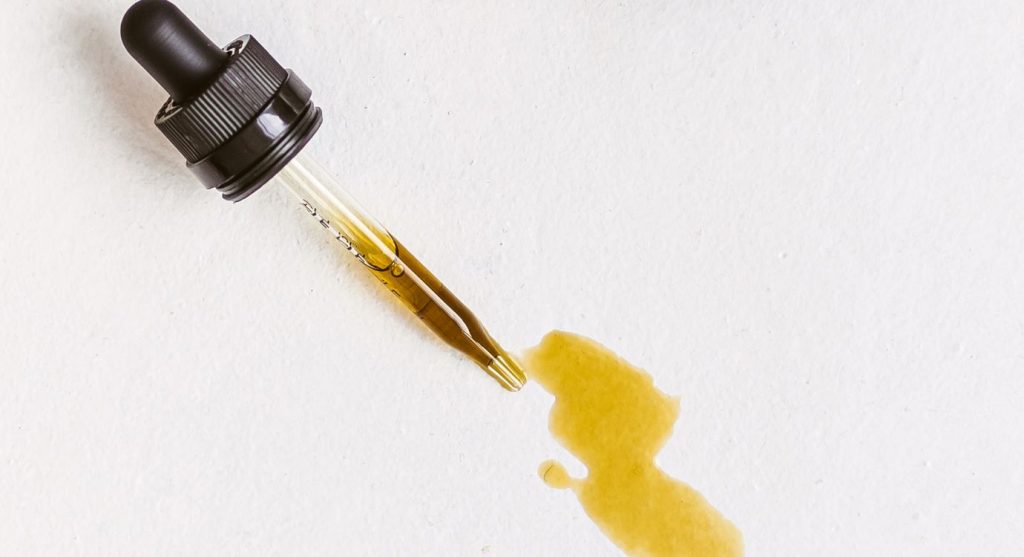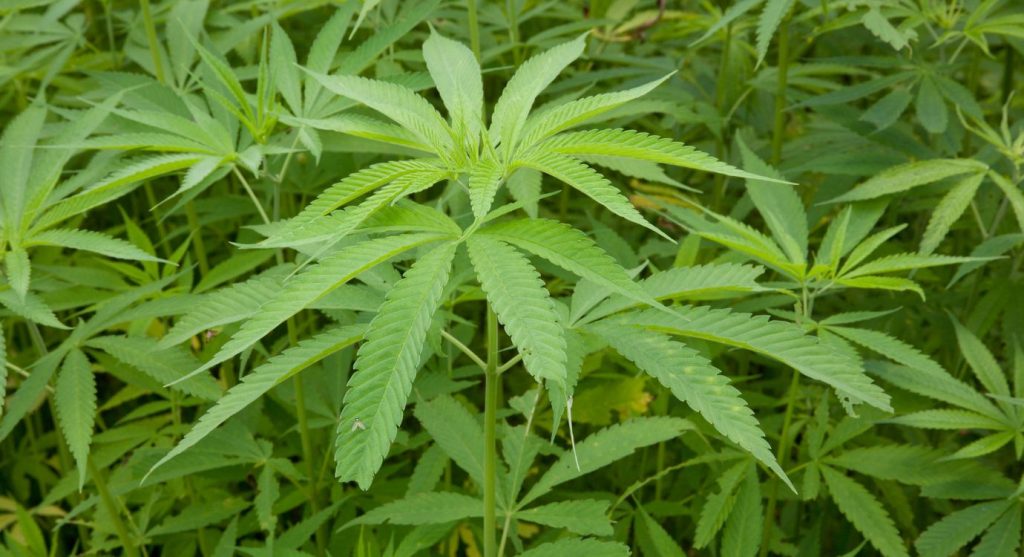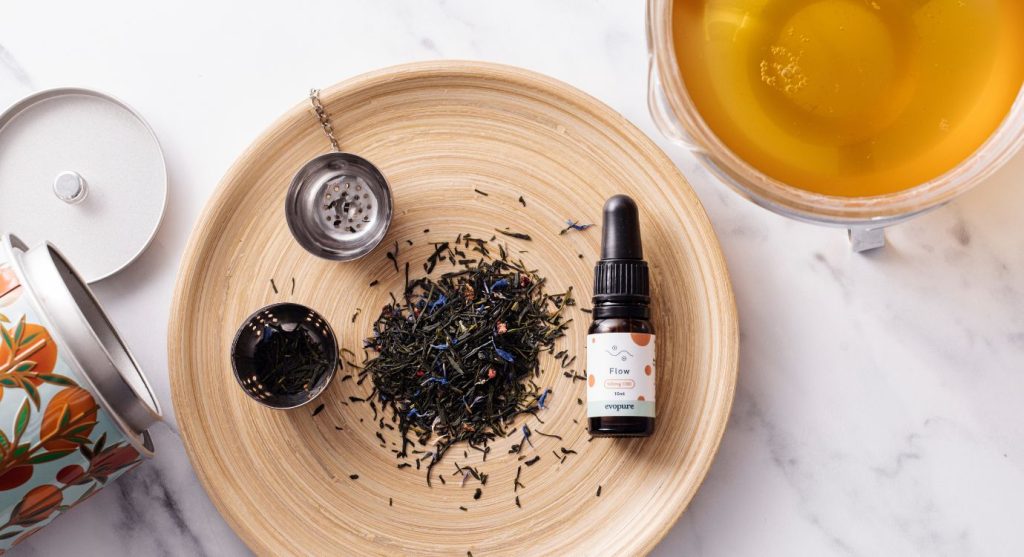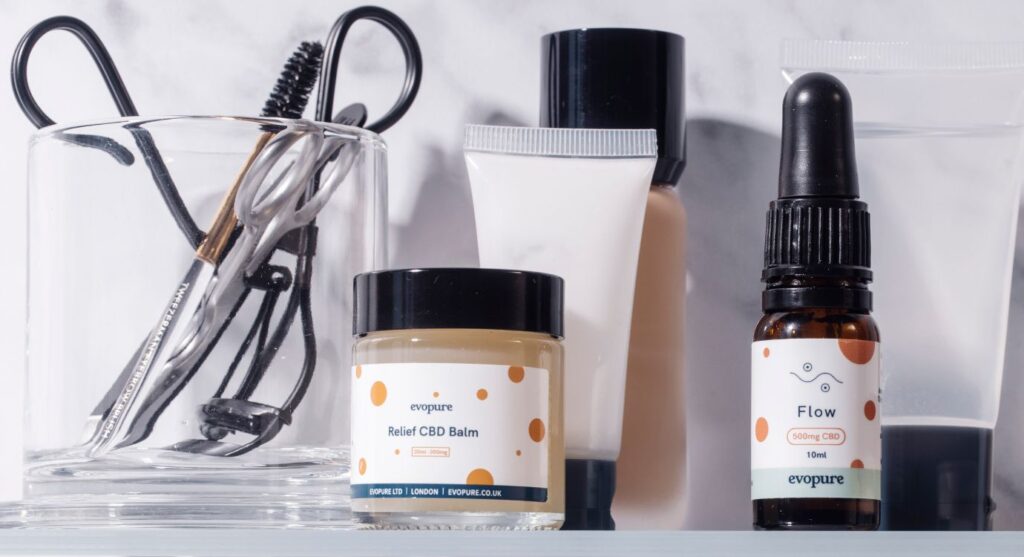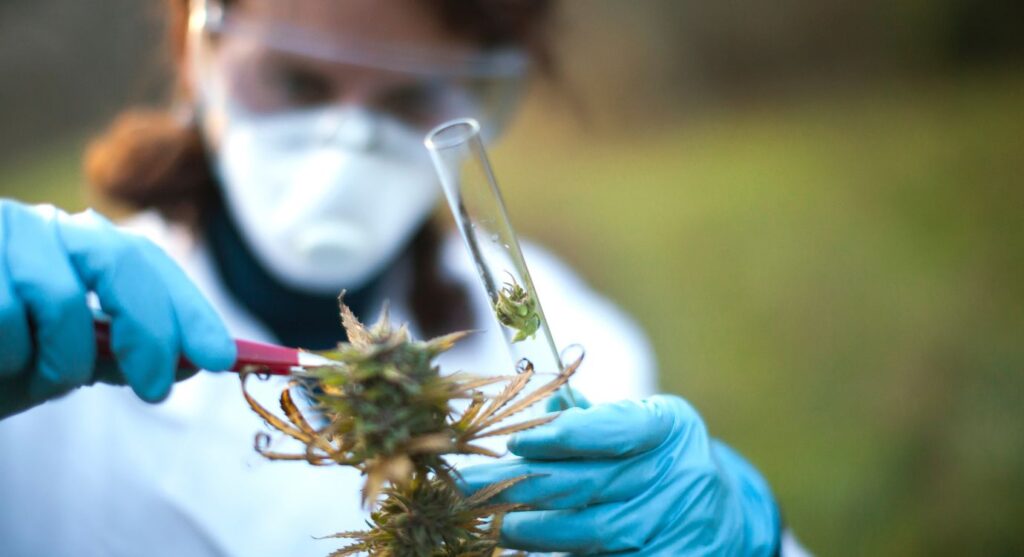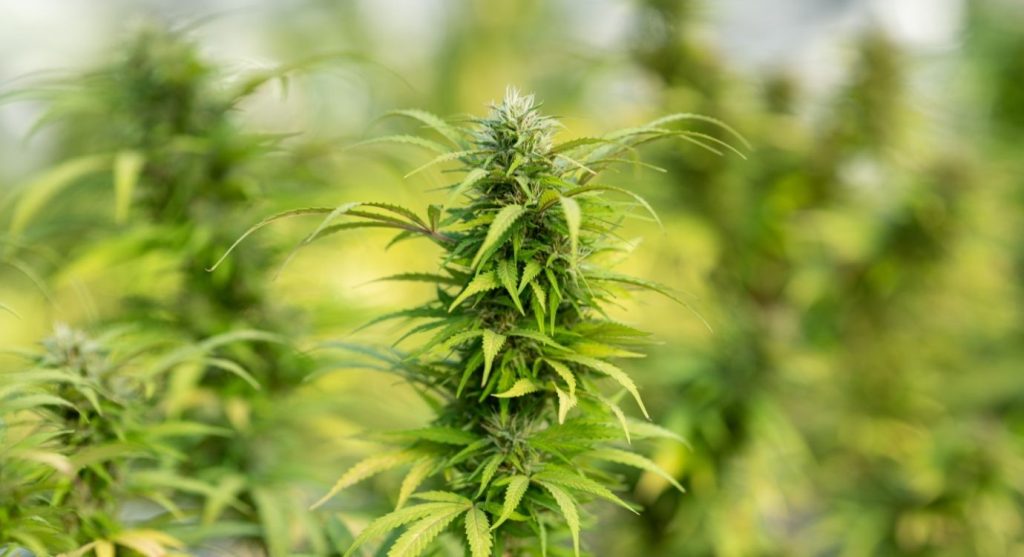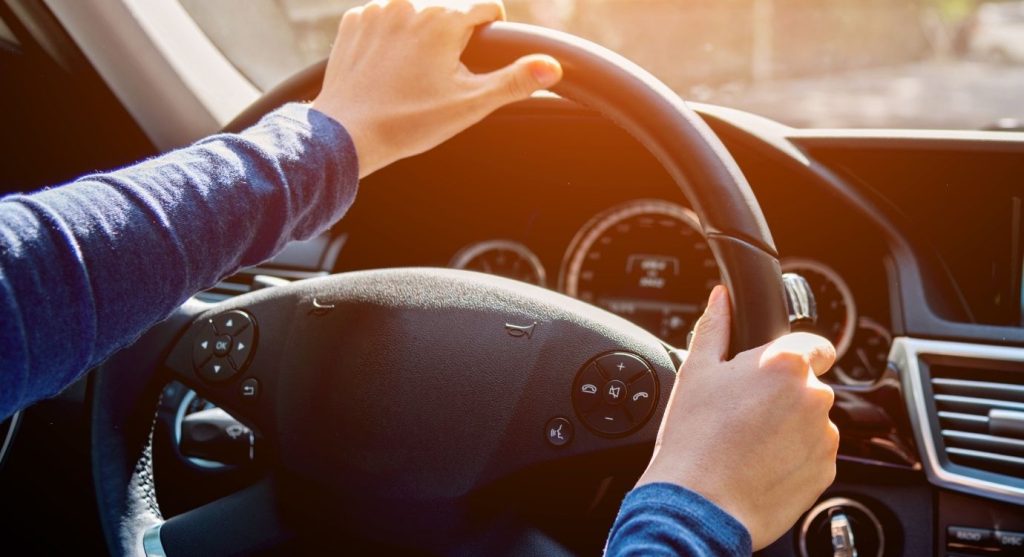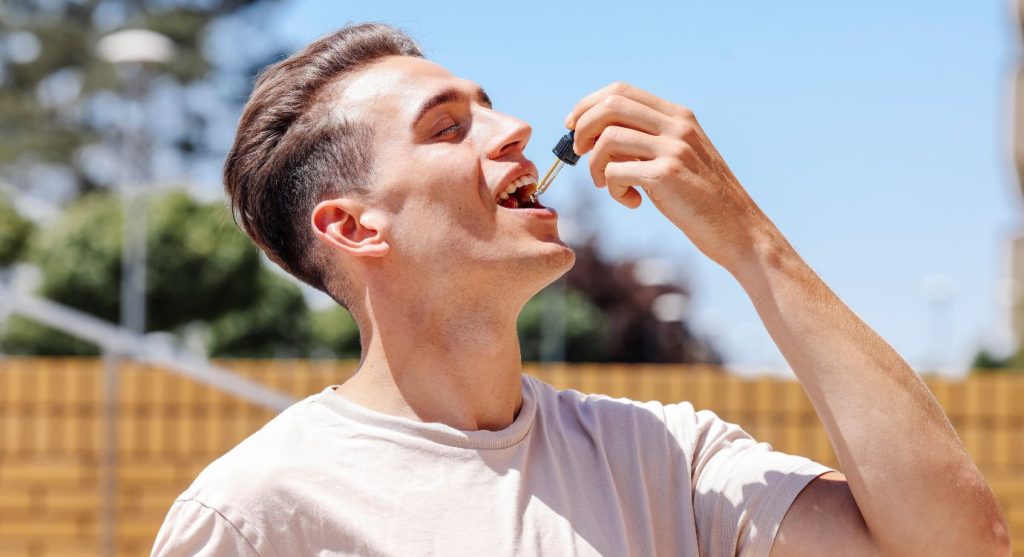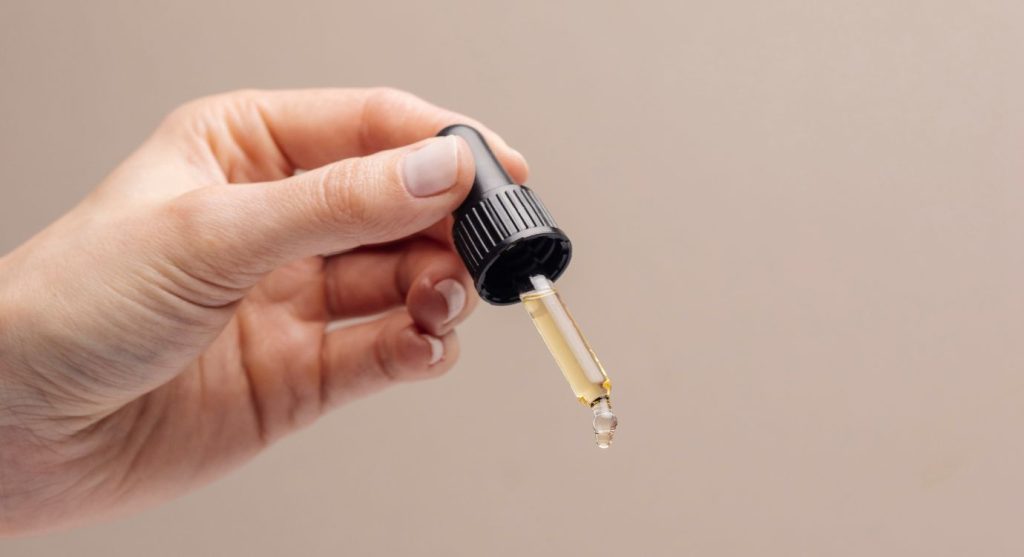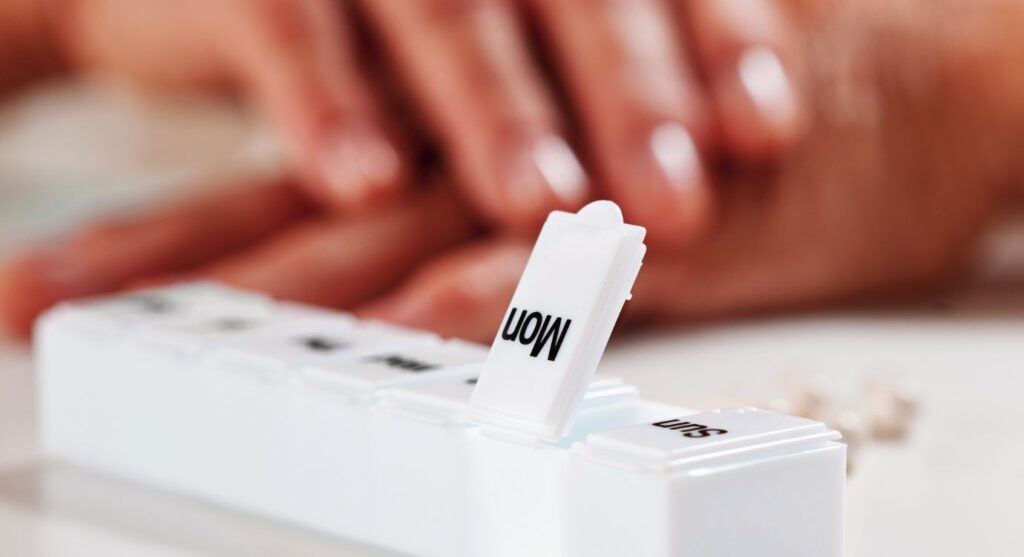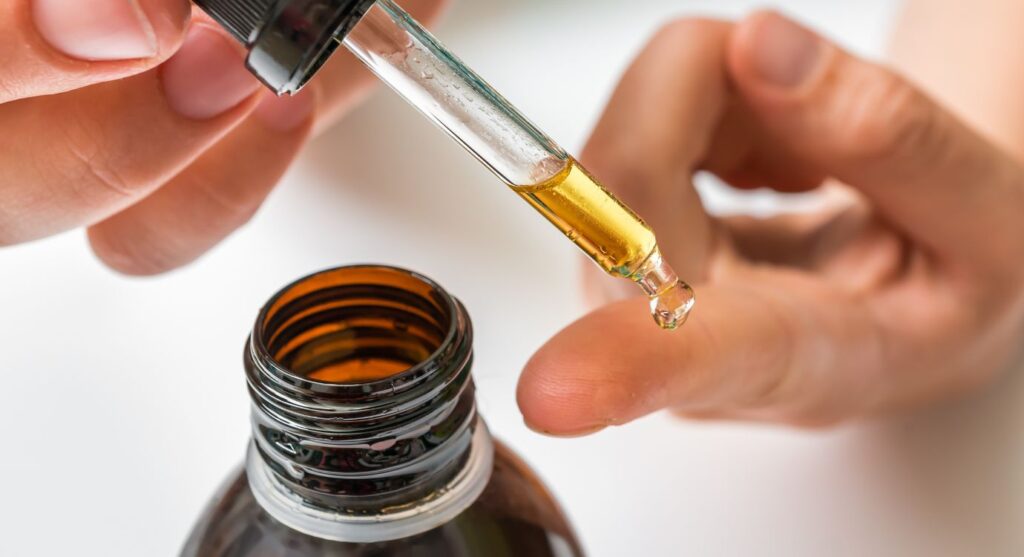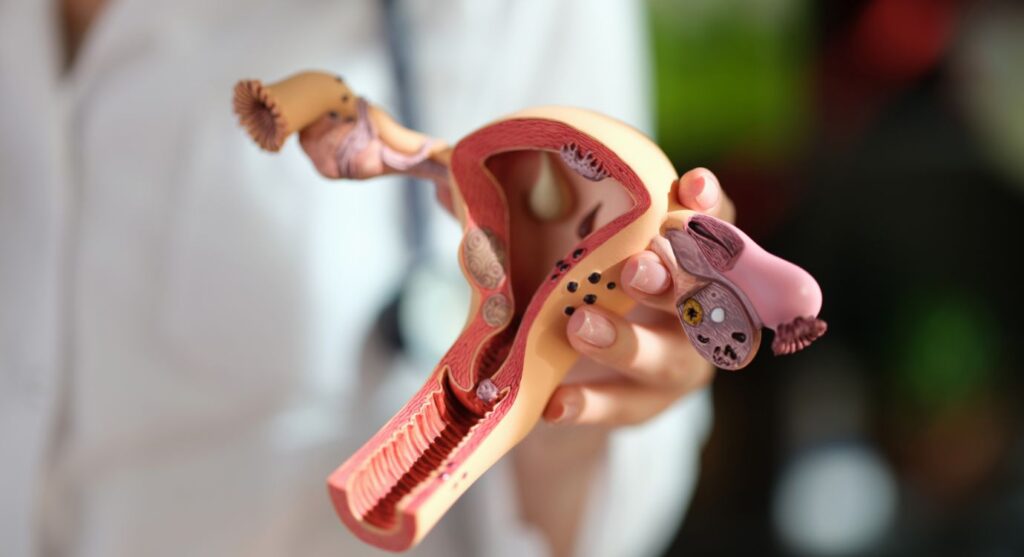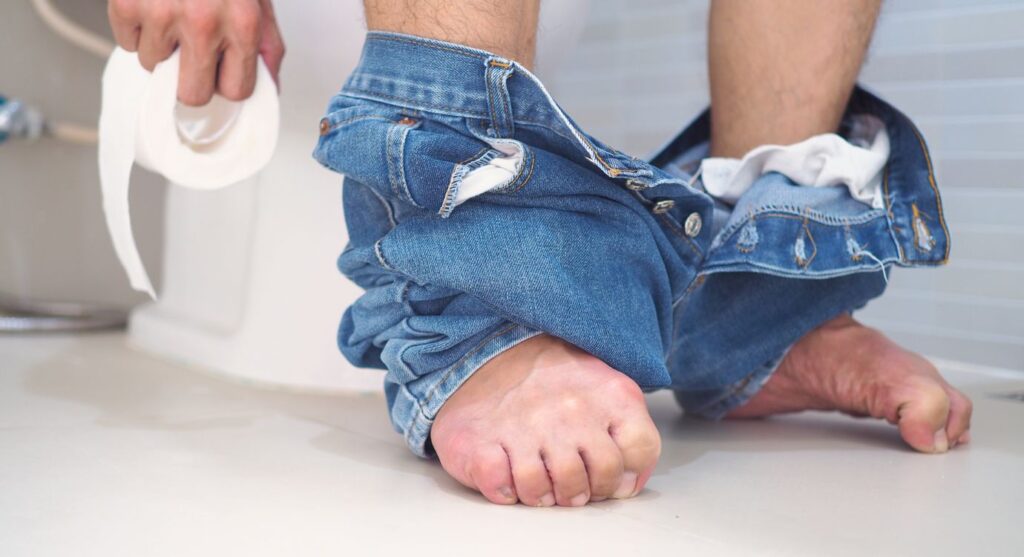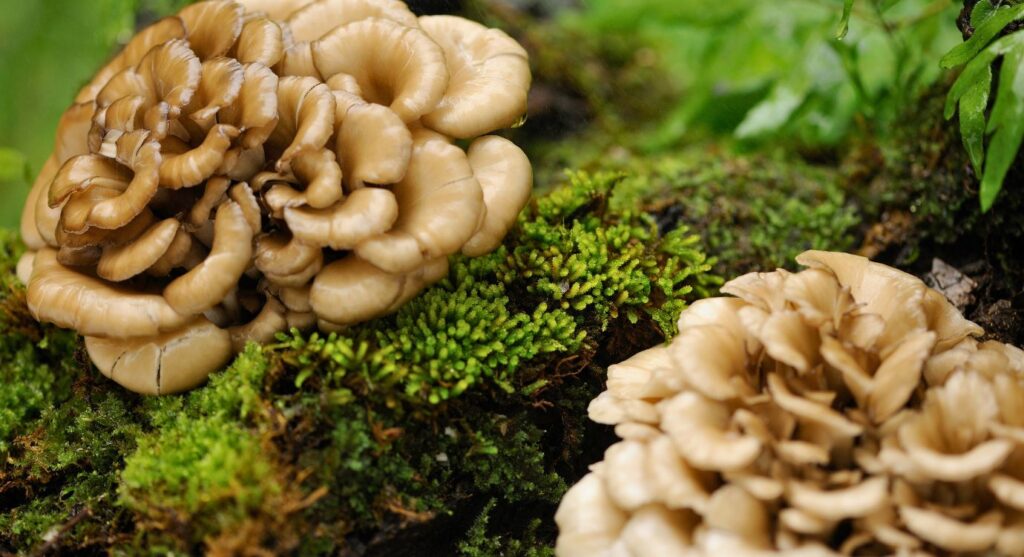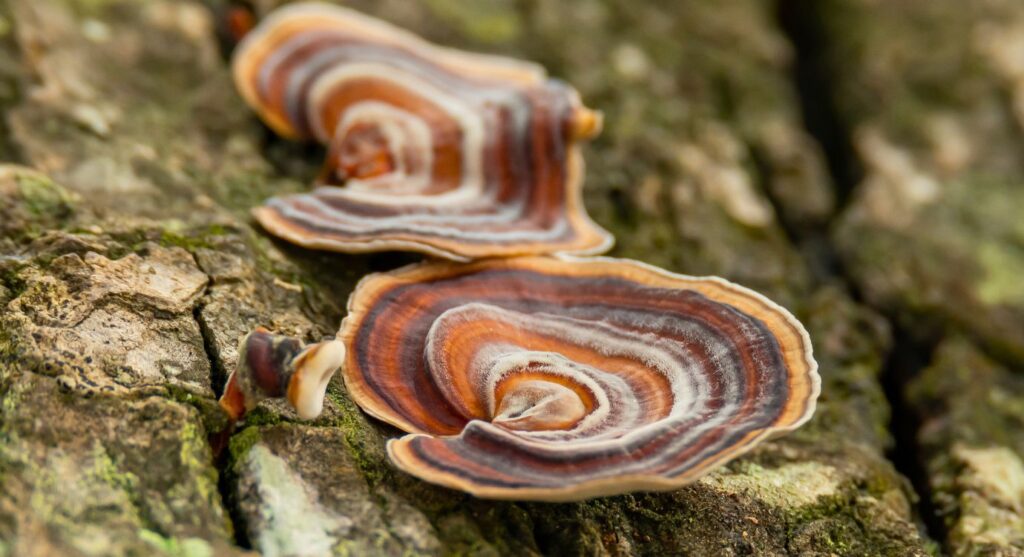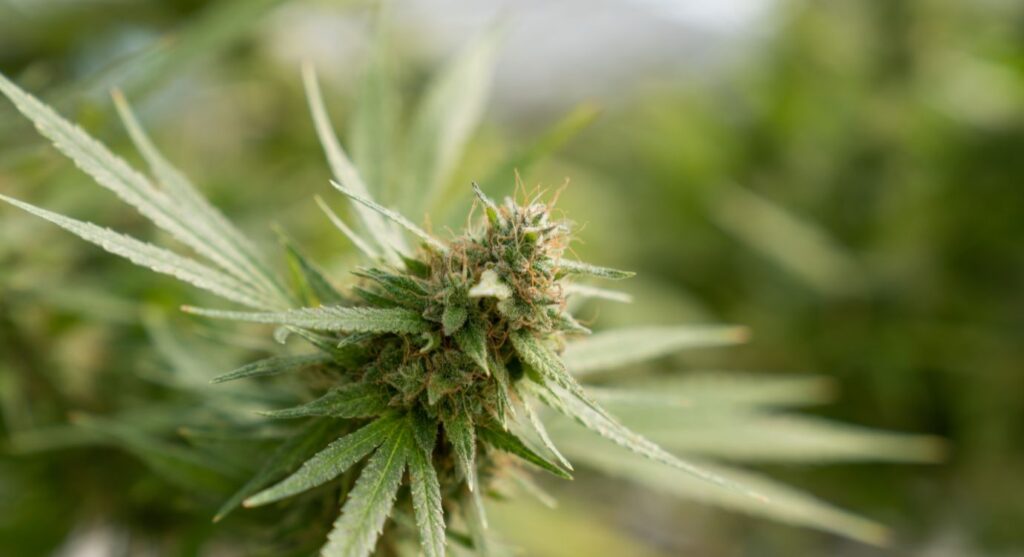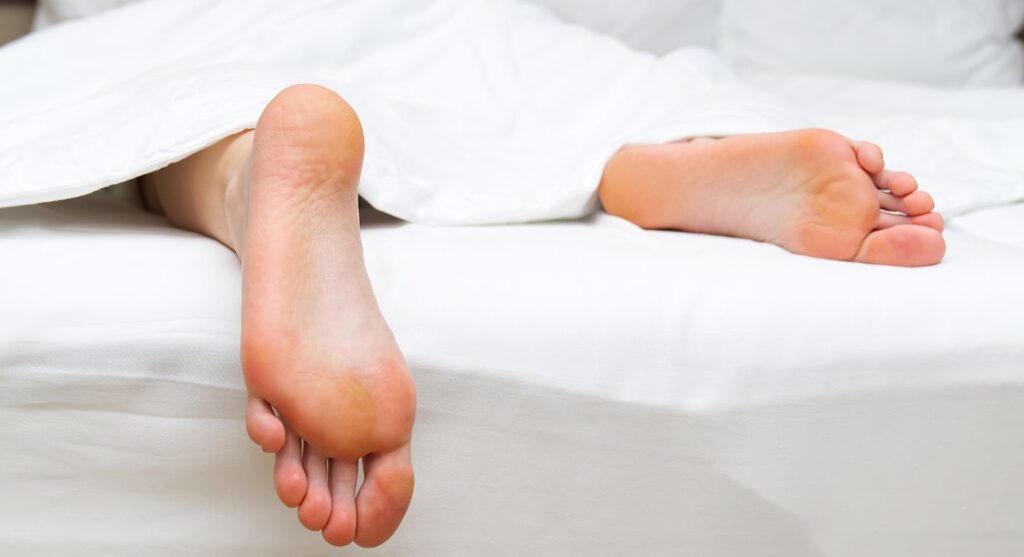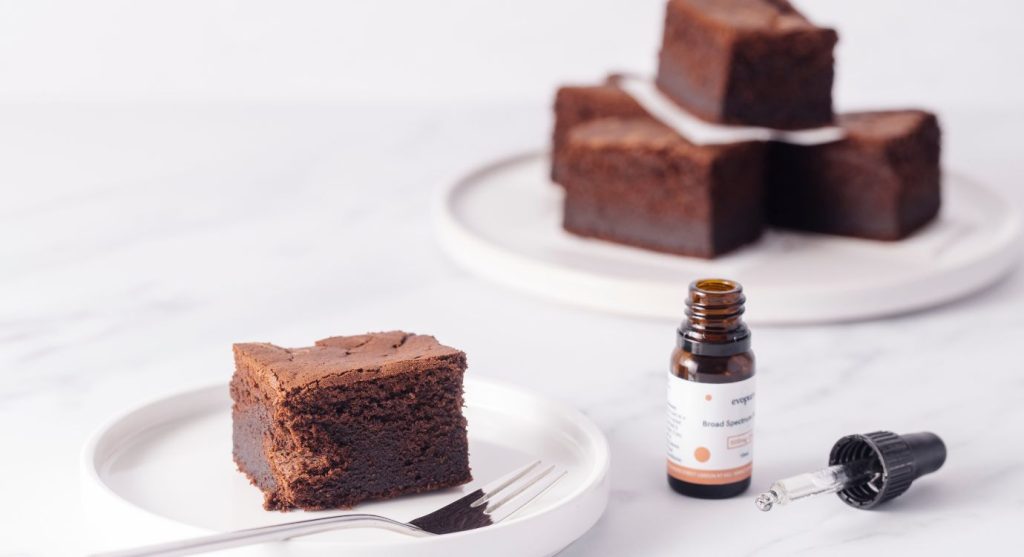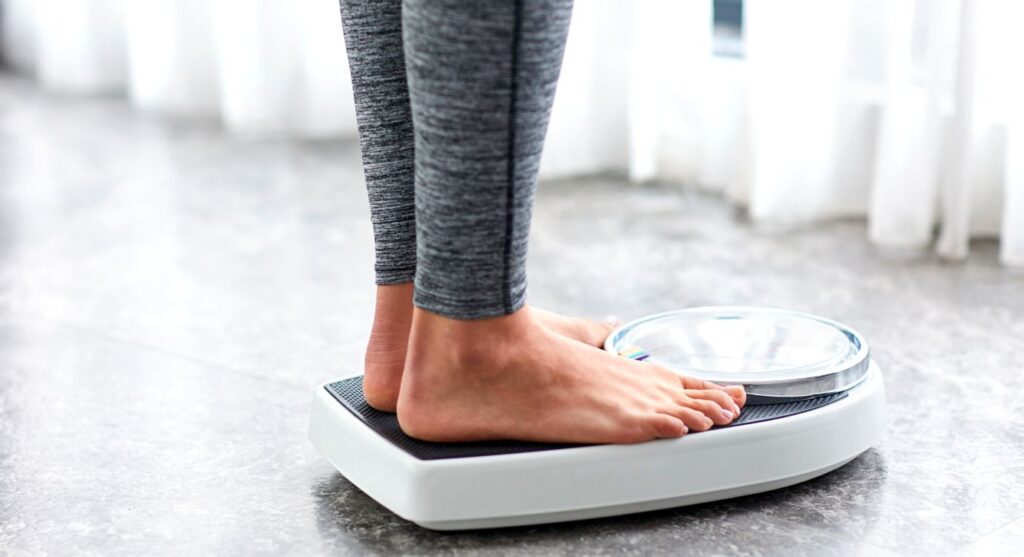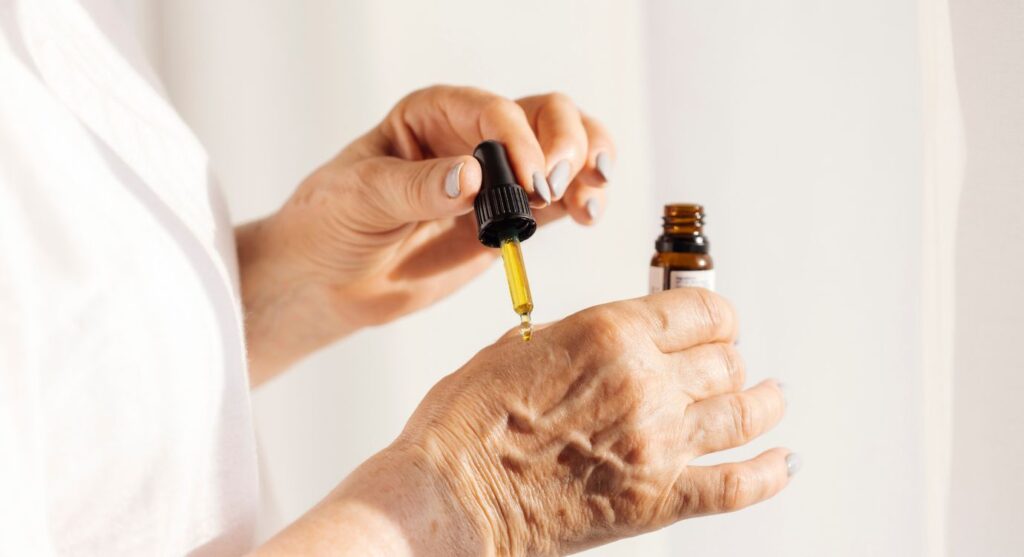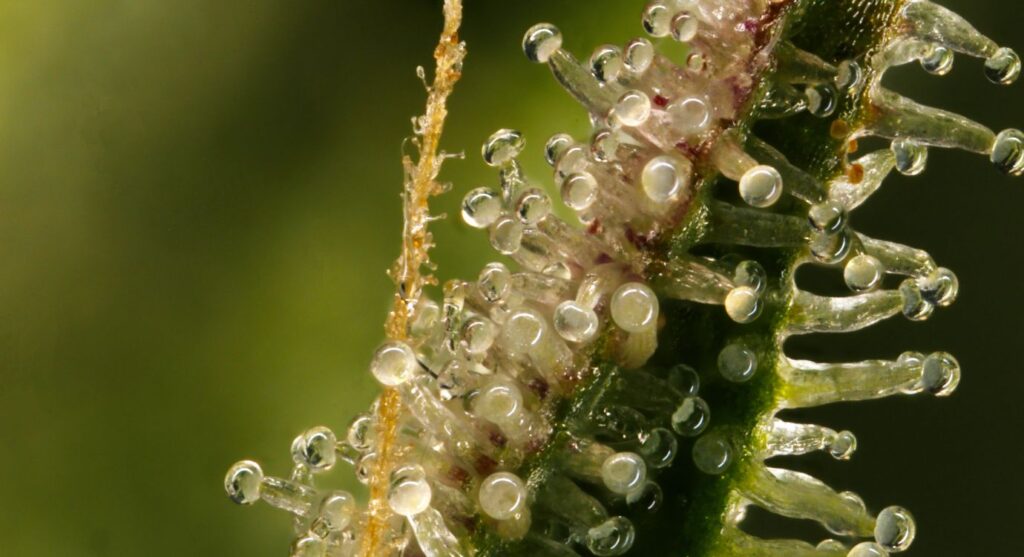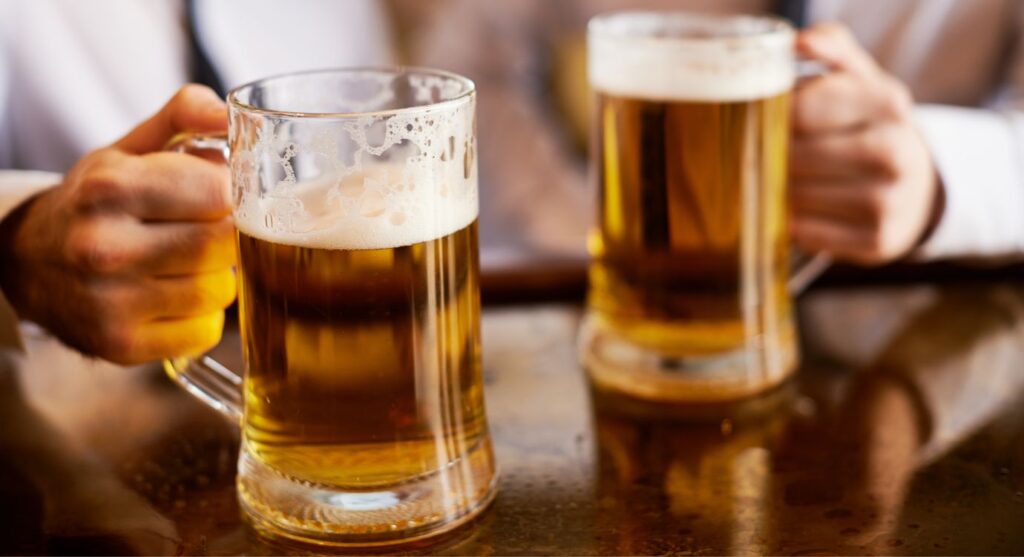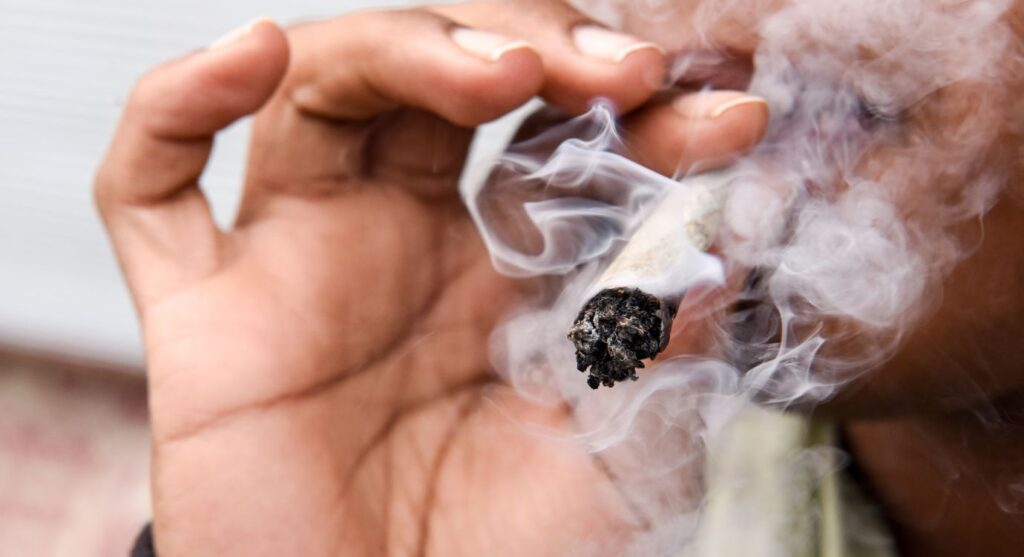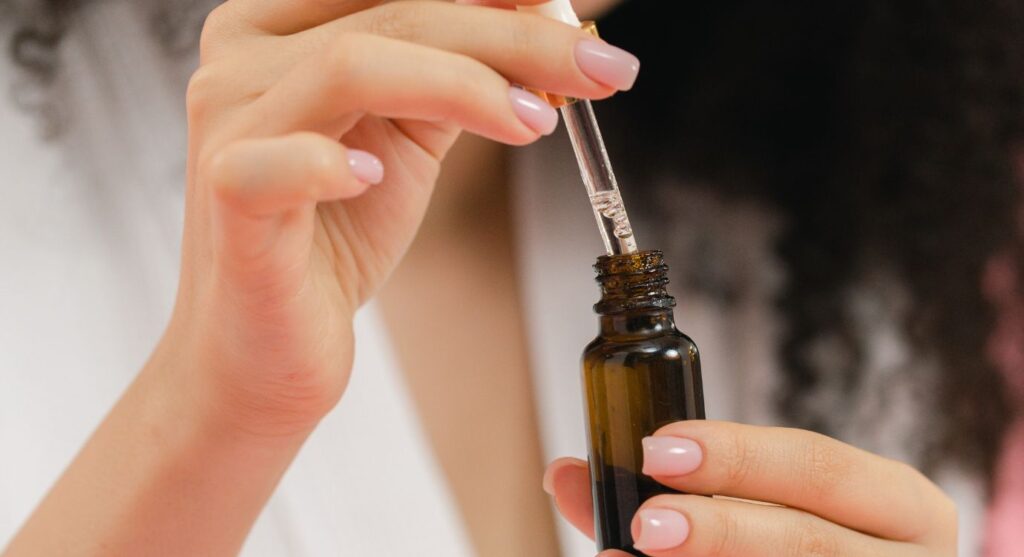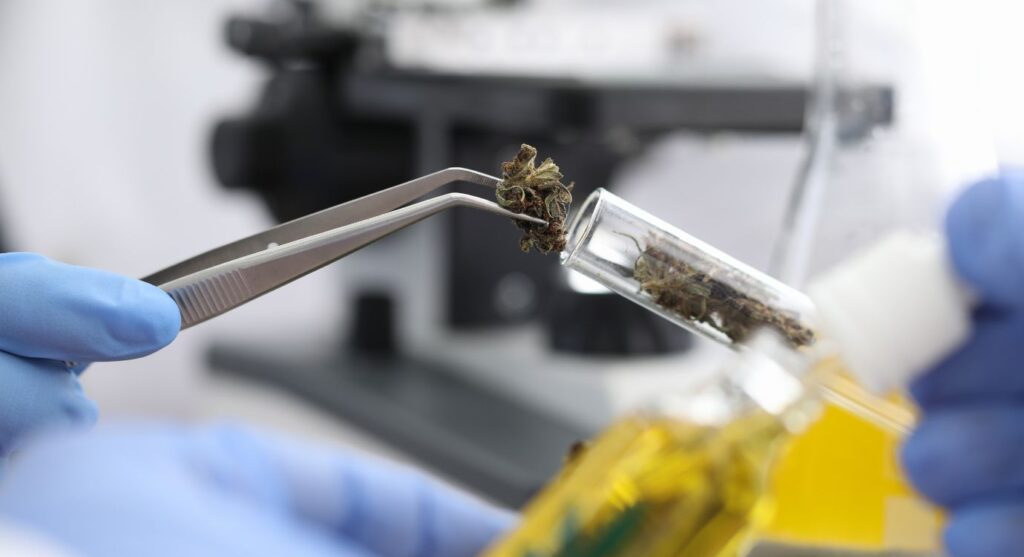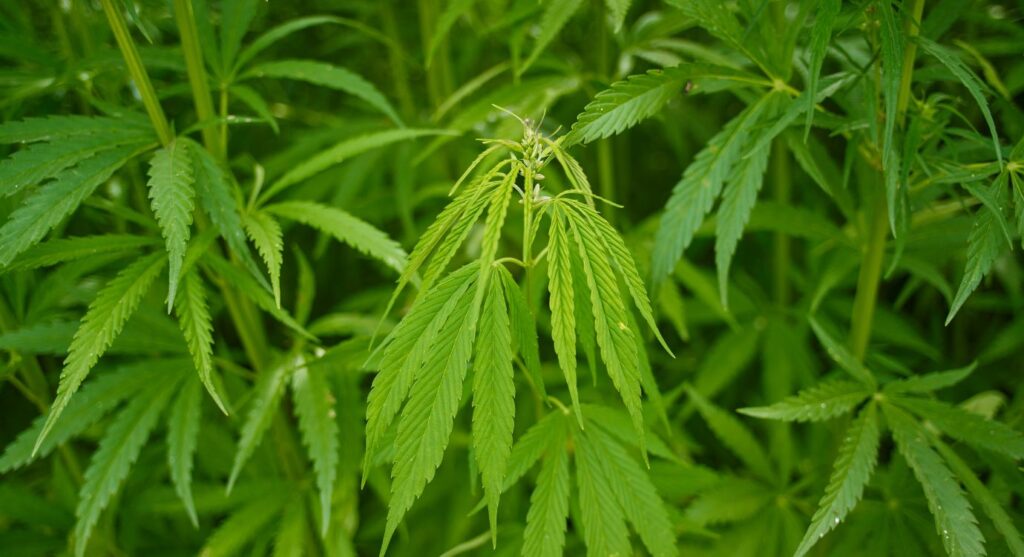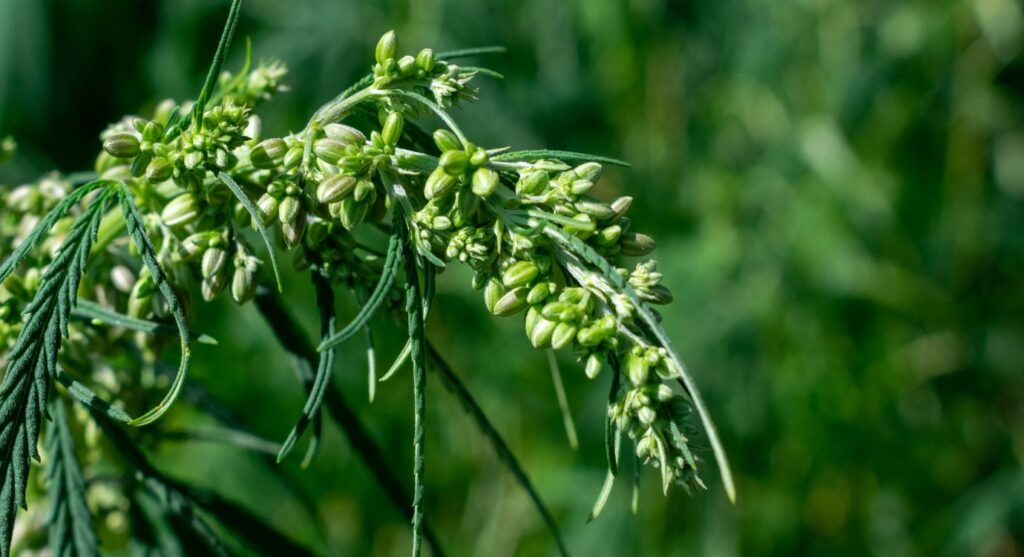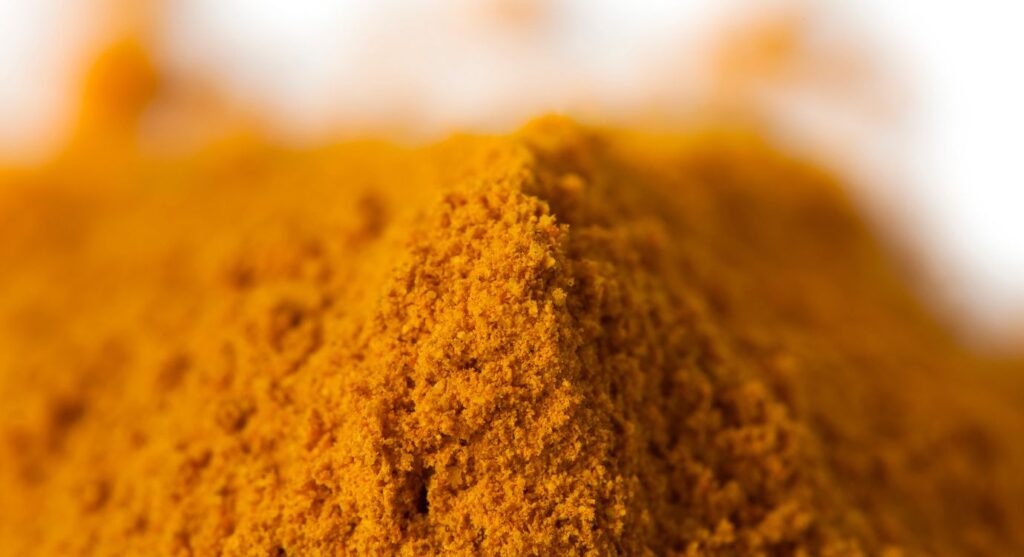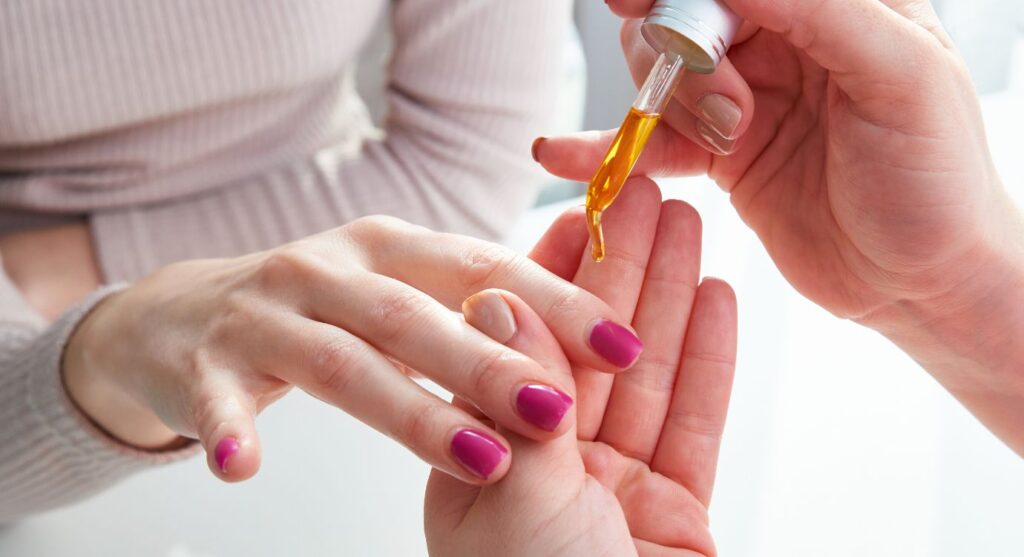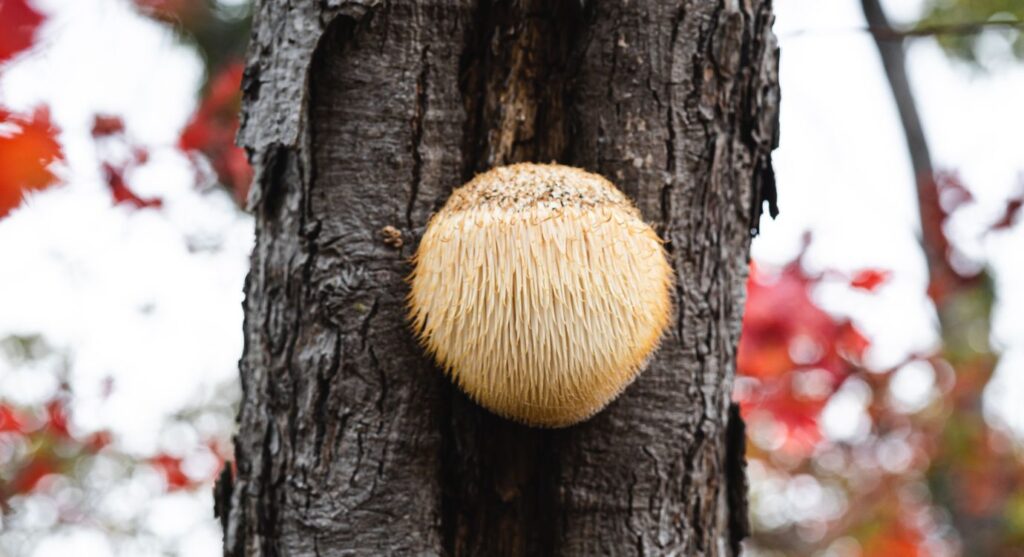When we talk about any hemp-derived product, thoughts will naturally turn to addiction.
Research into the benefits of CBD oil is still in its infancy, so we don’t yet know the long-term effects of occasional or habitual use on the human body.
Since many people turn to CBD to help them feel more relaxed and in tune with their sense of well-being, many wonders if there’s a possibility they could get hooked on this feeling.
In this article, we will explore:
- Is CBD oil addictive or habit-forming?
- Can you have withdrawal symptoms?
- What are the risks of taking CBD?
- Could CBD actually be used to fight other forms of addiction?
In this guide:
Is CBD oil addictive?
Evidence suggests that CBD is not addictive or habit-forming.
Addiction occurs when a substance changes the way the brain feels pleasure. When these pleasure receptors are hijacked, you feel a strong physical urge to seek out whatever substance gives you pleasure.
Over time, the pleasure derived from addictive behaviour is reduced, and the only way to achieve the same levels of pleasure is by taking more of a substance.
This is what happens when an individual becomes tolerant to a drug and they need more of it to be able to experience the same amount of pleasure.
Read more: Can you build up a tolerance to CBD?
Since CBD does not elicit a euphoric high, it would be unusual for it to be habit-forming.
One report on CBD actually said:
“While the number of studies is limited, the evidence from well controlled human experimental research indicates that CBD is not associated with abuse potential.” – World Health Organisation
The real risk with CBD addiction is not that the compound is inherently dangerous but that regulations around what can be labelled as CBD are thin.
In other words, CBD isn’t addictive, but it’s all too easy to purchase CBD with high levels of THC. And we know that THC is habit-forming and can lead to withdrawal symptoms.
Therefore, you can safely assume that taking CBD will not cause addiction, and you can stop taking it at any time without consequences.
Read more: CBD vs THC
10% off on your first order
Complete this one-minute quiz and find the right products for you.
Can you have CBD withdrawal?
Your body is always in pursuit of balance, and taking certain drugs and substances affects your body’s ability to maintain homeostasis.
Withdrawal symptoms happen when the body over-regulates to compensate for the drugs present in the system. The more you take, the more your body must learn to compensate, which will lead to a higher tolerance.
Once a person stops taking the drug, the body must then learn to find balance without it.
Hormones and neurotransmitters cause physical withdrawal symptoms such as vomiting, fever and drug-seeking behaviour.
With CBD, no such reaction can occur since the substance doesn’t have the same impact on the body. CBD is non-psychoactive and does not lead to addiction, so there is no known risk of CBD withdrawal.
If you decide to stop taking CBD, you shouldn’t suffer any CBD withdrawal symptoms or notice any changes.
What are the risks and side effects of CBD?
According to the World Health Organisation report, CBD is well-tolerated in most people. Therefore, the only real risk with CBD is down to the quality of the CBD.
CBD customers need to be cautious when purchasing CBD online and in stores.
A study in the United States found that one in four CBD companies are not testing for purity. Purity testing includes checking if the CBD contains pesticides, heavy metals or microbial contamination.
This study also found that 4% of testing brands only published results for less than 10% of their products.
Every brand should be supplying a certificate of analysis for every product and batch. This is the only way for CBD users to shop with confidence.
Read more: How to read CBD lab results
Besides the risk of taking a CBD product with high levels of THC, there is also the risk of having an adverse reaction to CBD.
If you take too much CBD, this could lead to some unpleasant side effects, including:
- Dry mouth
- Gastrointestinal upset
- Increased fatigue
- Decreased appetite
Since there is no standard dosing for CBD, it’s possible to experience these symptoms before you exceed the recommended daily limit of 70 mg.
This is one reason that it is so important to pay close attention to how CBD makes you feel so you can adjust your serving size accordingly.
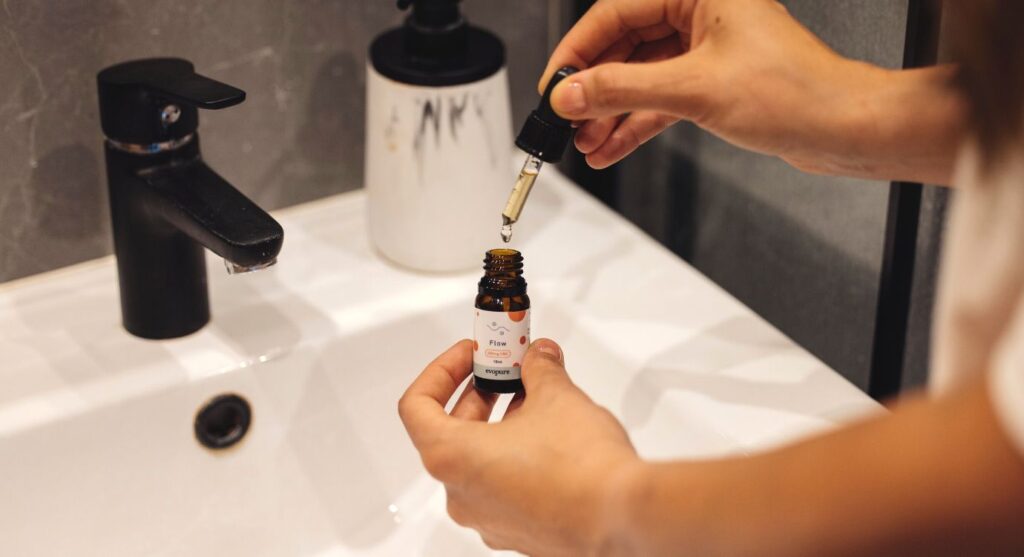

Could CBD help fight addiction?
Not only is CBD thought to be non-addictive, it could also pave the way for additional treatment in the future.
Since addiction often disrupts the way the body functions, it is hoped that regulating the endocannabinoid system could help to reverse some of the effects of addiction.
CBD is also ideal for enhancing an individual’s sense of wellness. Those looking to find better balance and a sense of wellness while they make big lifestyle changes might benefit from the simple addition of CBD to their daily routine.
The verdict on CBD addiction
As long as you get your CBD from a reputable source, there is no risk of addiction. While CBD might help you to find balance, it does not produce a euphoric feeling, which means there is no risk of addiction.
We recommend using CBD consistently for at least three months to experience the positive effects. If you choose to stop taking CBD after this time, there shouldn’t be any withdrawal symptoms.
And while CBD is not addictive, it does show promise in the potential to help treat addiction. More research is needed to understand how this might work.





